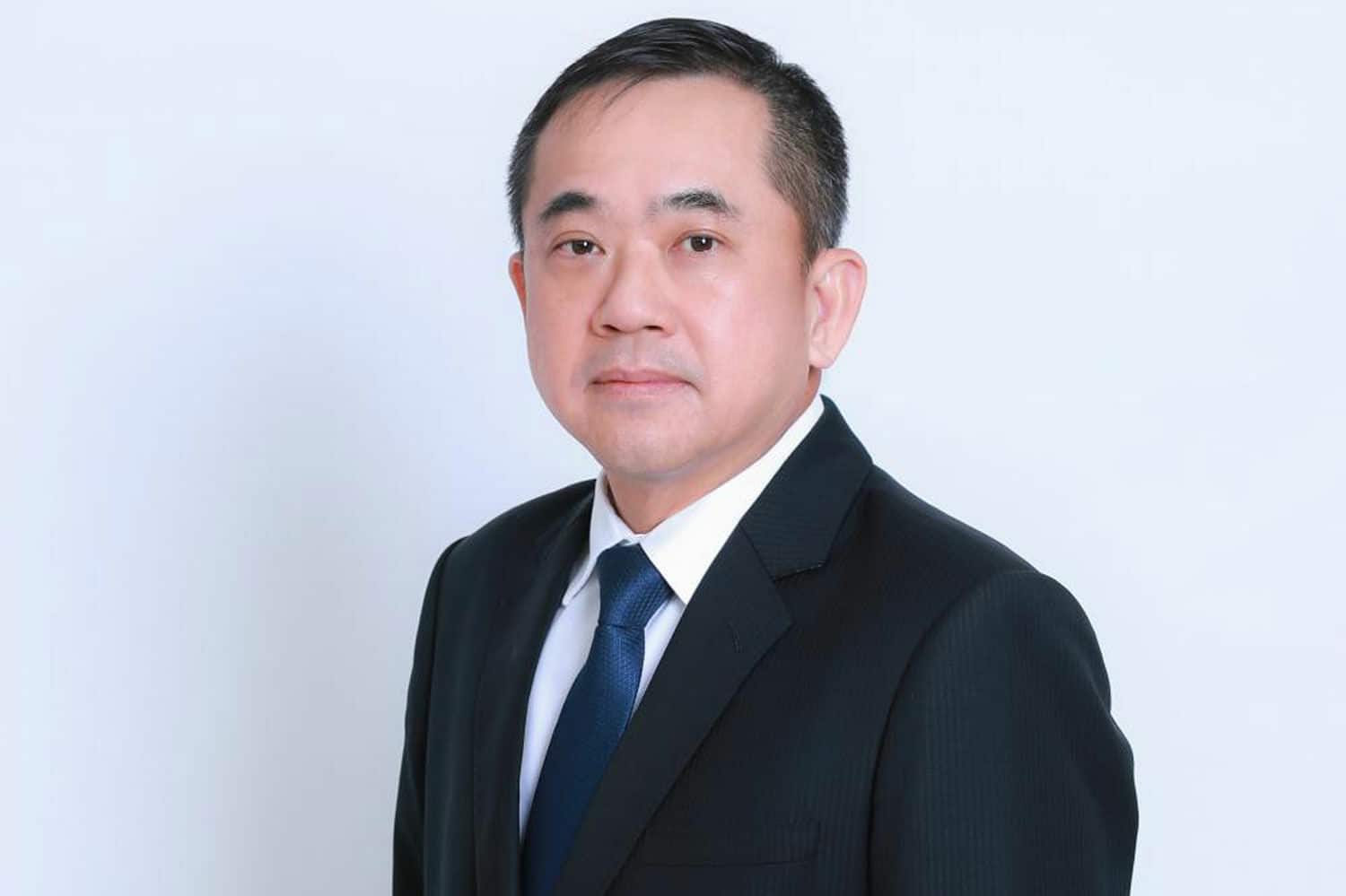Thai government backs new AI law to boost investment
Wisit says AI use boosts illegal website closures from 3,000 weekly to 3,000 daily

The government has expressed readiness to endorse the current draft of principles for the artificial intelligence (AI) law, aiming to ensure uniform regulations for AI developers and service providers. The principles are designed to foster rather than deter investment.
These principles address safety standards for AI systems, data management for AI development, and risk levels concerning personal data.
Wisit Wisitsora-at, permanent secretary of the Digital Economy and Society Ministry, emphasised that the law aims to encourage Thai participation in AI, rather than creating barriers. It seeks a balance between fostering innovation and ensuring data protection.
Wisit stated that some ministries have piloted AI use, which has enhanced their ability to close illegal websites, increasing from 3,000 per week to 3,000 per day. He highlighted AI’s transformative impact on state operations.

The Electronic Transactions Development Agency (ETDA) concluded a public consultation on the draft on June 9. The draft outlines basic legal principles for AI technology, ensuring non-discriminatory treatment and legal recognition of AI-generated actions.
One key principle is that AI serves as a human tool, with accountability for its actions resting with people. The draft allows for exemptions regarding unpredictable AI actions, stating that parties shouldn’t be legally bound by AI-generated transactions if the actions were unforeseeable and the affected parties were aware of this unpredictability.
The law will not list “prohibited” or “high-risk” AI applications upfront; sector-specific regulators will define these lists based on their expertise.
The draft mandates AI service providers to adhere to global risk management standards. Overseas companies offering AI services in Thailand must appoint legal representatives locally. Providers must report serious AI incidents to law enforcement, aiding regulatory improvements, reported Bangkok Post.
High-risk AI users must monitor AI operations, maintain logs, and inform affected persons if AI applications infringe on lives or rights. They must collaborate with AI agencies during investigations.
The ETDA’s AI Governance Centre will support AI research and governance, advising organisations on AI use. Law enforcement can halt AI services if necessary.
The draft includes industry promotion measures, allowing AI innovation testing in controlled environments. Companies using AI to generate content must label it accordingly to inform consumers.
Latest Thailand News
Follow The Thaiger on Google News:


























